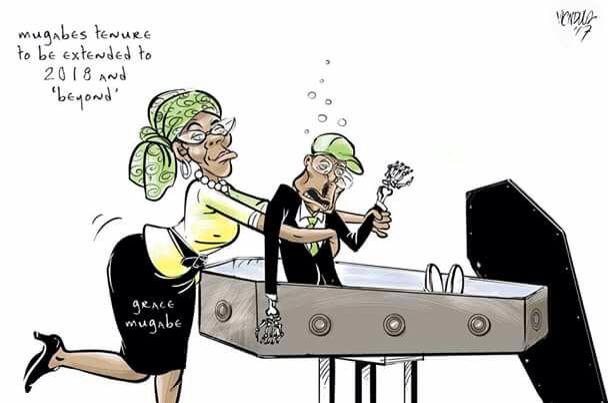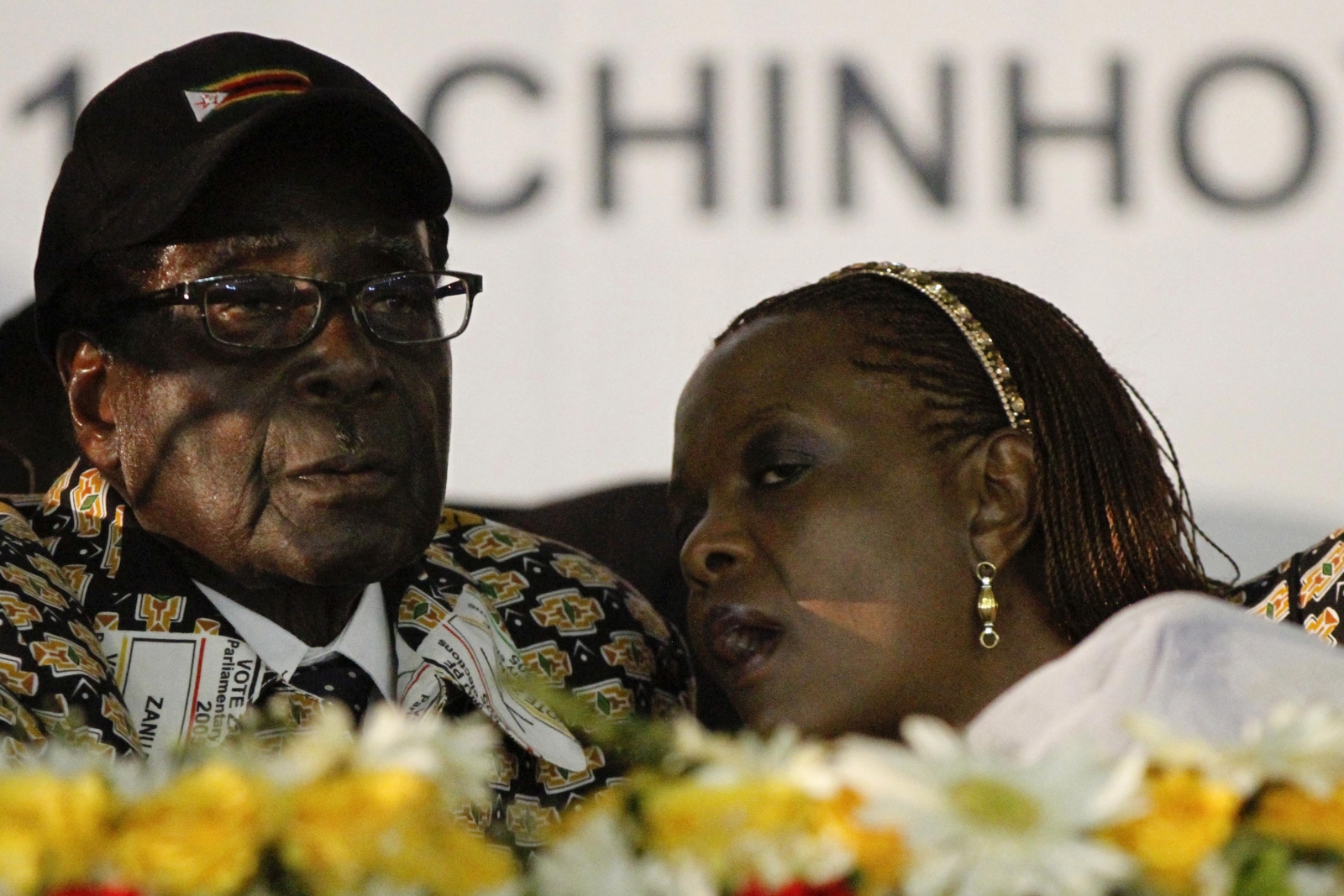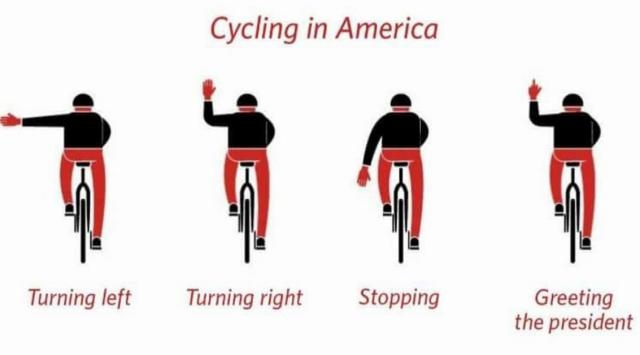
What sadly transpired on the Kenya-Tanzania Namanga border recently is a stark reminder: Africa’s still colonised. The media reported the unfortunate acts whereby Tanzanian authorities burned 6,400 chicks from Kenya because they were “a health risk.” Such an act irked Kenya so as to summon Tanzania’s High Commissioner in the country Dr. Pindi Chana to register its discomfort. Foreign Affairs Political and Diplomatic Secretary Tom Amolo was quoted as saying “Kenya-Tanzania relations are longstanding, rich and complex and should not be jeopardised by a hardening of positions over minor issues that can be easily resolved through candid and open dialogue.” Before then, Tanzania had confiscated and auctioned 1,300 the property of Kenyan Masai. Again, where did it start beating us?
Organically, before the criminal Berlin Conference 1884, Kenya and Tanzania were united entities. People along what’s today Namanga border, inter alia, used to operate freely and amicably without any disturbances, mistrust and infringement on their natural freedom of movement and cooperation. This is why Masai on both sides of the border still regard themselves as one country of Masailand not to mention, the Swahili on Lunga lunga-Horohoro border.
None the less, soon after Africa’s divided and partitioned, there’s born the modern weak and ever-dependent states as colonial tools intended to divide, exploit and weaken Africans perpetually. Fortunately, in the 60s, African countries became independent however divided. Ever since, these states have done nothing but furthering, internalising and reinforcing colonialism by maintaining colonial divisions under the Peace of Westphalia 1648 which ushered in modern-time colonial sovereignty. However, some efforts were made to reunite Africa as championed by the likes of Julius Nyerere (Tanzania) Jomo Kenyatta (Kenya) Kwame Nkrumah and many more whose dream was felled by their successors due to myopia and negative individuality.
The East Africa’s not left out of the efforts to reunite Africa as a whole or regionally. It embarked on the unification of the region giving birth to the East African Community (EAC I 1967-1977). Thanks to colonial carryovers, the intended unity of Africa remained ceremonial under the Organisation of African Unity (OAU) and later the African Unity (AU). Therefore, the move that EAC took was an antithesis and a challenge to the rest of Africa that refused to be reunited. However, there were other unions of federations such as Senegal-Gambia or Senegambia (1982-1989) and the Economic Commission of West African States (1975 to present) among notable ones. To cut a long story short, I’ll address a few reasons why the EAC and Africa must shake off colonial hangover; and thereby embark on true reunification of the region as follows:
First, reunifying the region means returning back to its natural formula which gave it and Africa the edge and clout of living without necessarily depending on handouts from rich country as it currently is after being colonised in the 18th Century; thereby ushering in dependency, exploitation and imperialism that saw Africa becoming the backyard of the world to exploit as pleased.
Secondly, practical reunification of region will create many economic, political and social opportunities such as interdependence, interconnectedness and above all, unity as a tool for strength. We inevitably and out of necessity need each other even if we don't like each other.
Thirdly, the reunification of the region will enable it and Africa in general to assert its power globally not to mention increasing security and good use of resources. Reunited EAC and Africa won’t have the many do-nothing and despotic presidents that are responsible for exploiting Africa as black colonisers or the agents of colonialism.
Fourth, Namanga’s shame testifies to the fact that African countries don’t conducively and swiftly do business among themselves compared to how they do it with non-African countries (Mhango 2015). Thanks to neocoloniality, many African countries are at home with doing business with foreigner as they shy away from their neighbours. Again, Swahili sage has it that you can choose a friend[s] but not a neighbour[s]. This means that our interconnectedness is organic and inevitable; whether we like it or not.
Fifth, the reunification of the region, and later, Africa will increase production as a motivation by which Africa will grow economically due to the fact that, instead of importing goods from afar, Africa will have an internal supply of some goods it imports from abroad. So, too, it’ll cut the cost of running business and production not to mention environmental degradation from the machinery used to transport goods so as to enhance good prices for the products produced and traded within Africa. I wonder, for example, to find that some countries are importing onions from the EU. According to the Agritrade (2011), in January and February 2011, Senegal, Côte d’Ivoire and Mauritania ‘purchased more Dutch onions than 2010 while in 2009, 42% of Dutch onion exports to West Africa went to Senegal, 22% to Côte d’Ivoire and 13% to Mauritania this is shameful and surreal for Africa in general. Why importing food stuffs on top of industrial product as if Africa is a barren continent?
In a nutshell, the major question Africa needs to ask and rightly answer is: Why has African become a food importer while it used to feed itself before colonialism was introduced to Africa? There are those who dubiously say that the population of Africa has grown exponentially due to improved health services colonialism started. This is totally erroneous and disingenuous. One may query why Africa’s able to produce healthy persons who were taken to the Americas as slaves if at all it didn’t have a very sound health system before colonial. Africa needs to reunite and stop crying like a baby while it’s what it takes as it used to be.
Source: African Executive Tues., today












